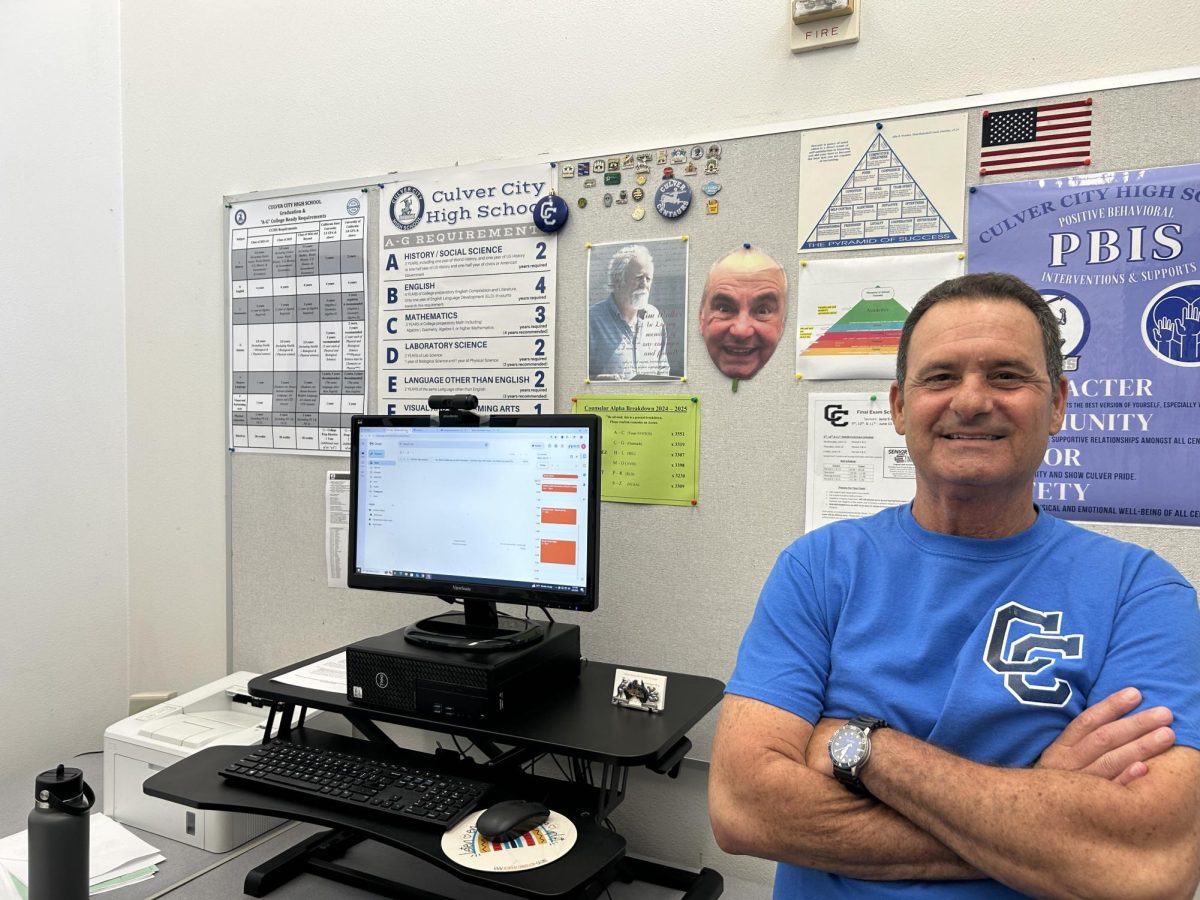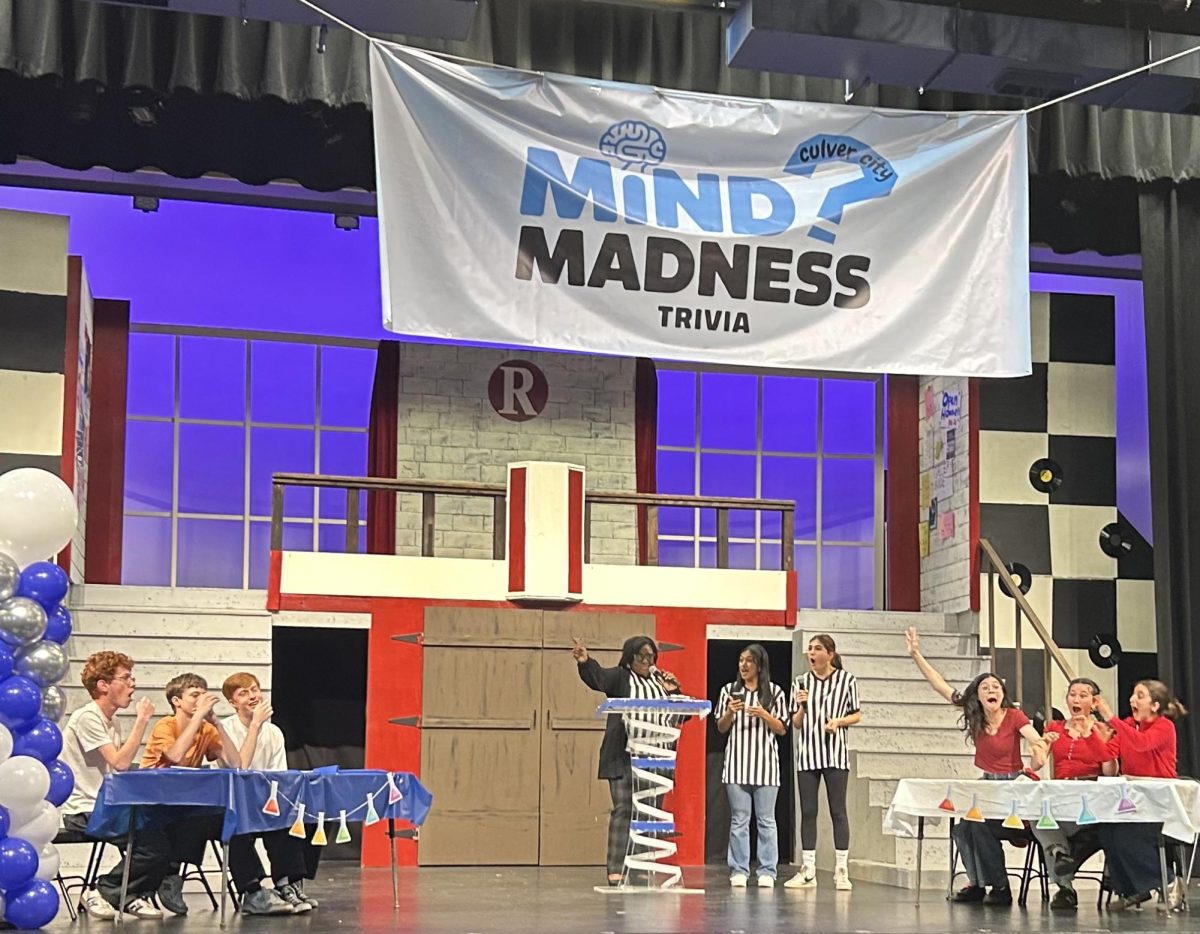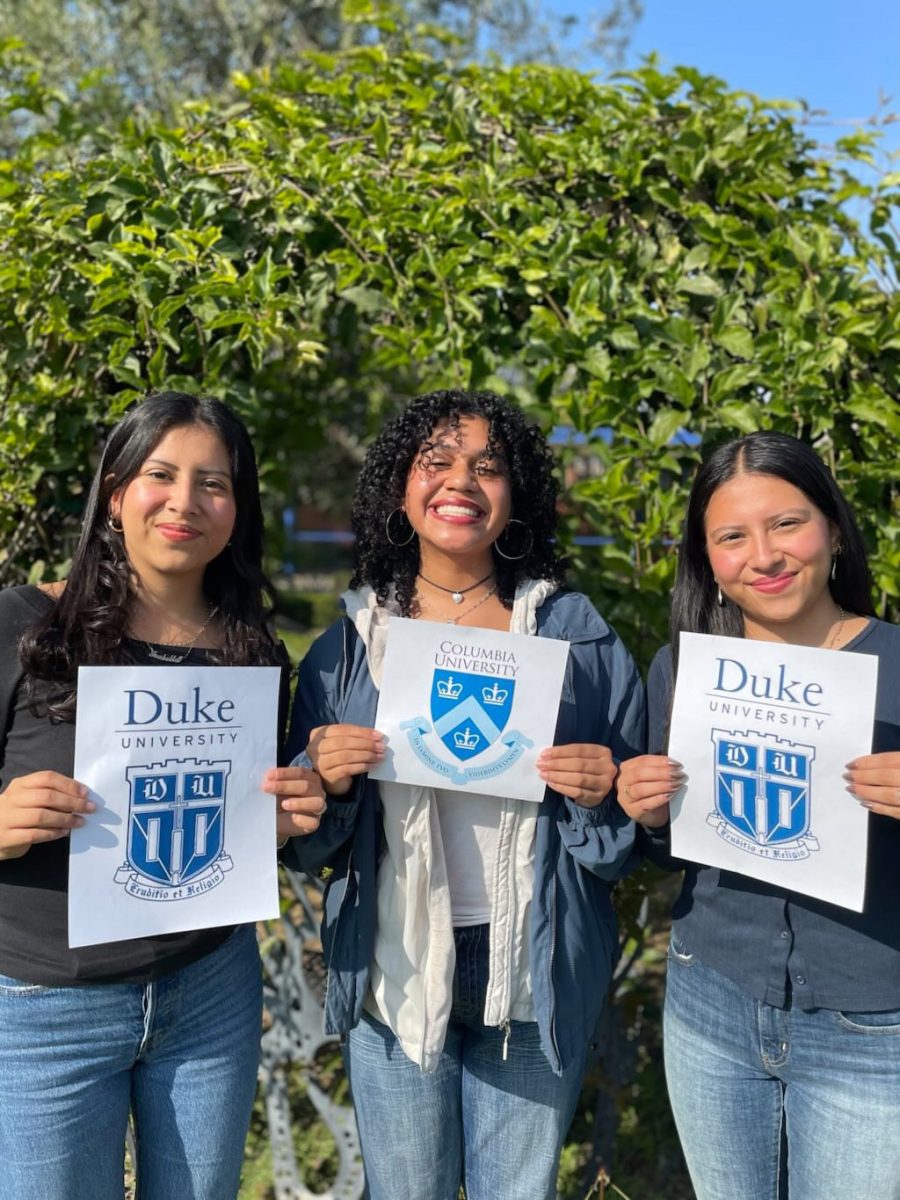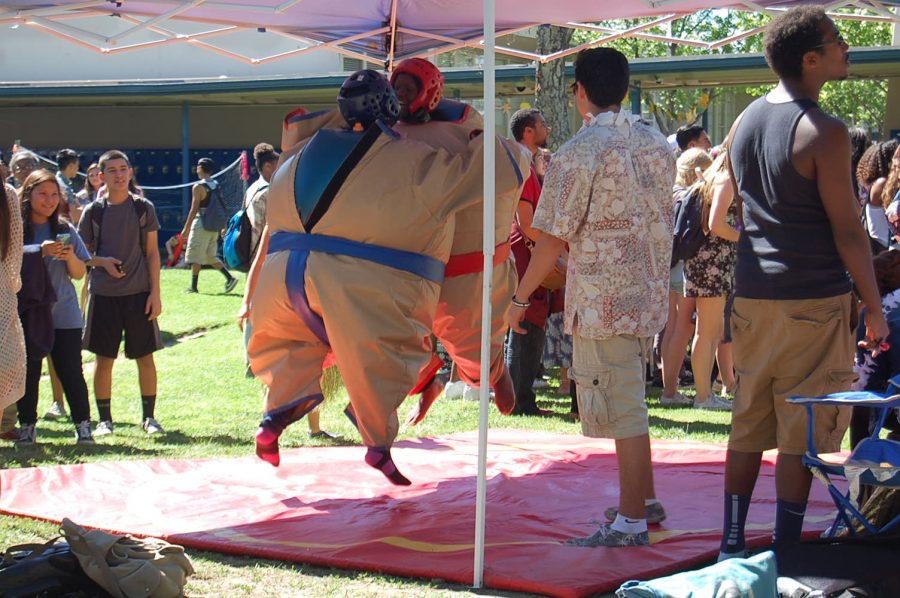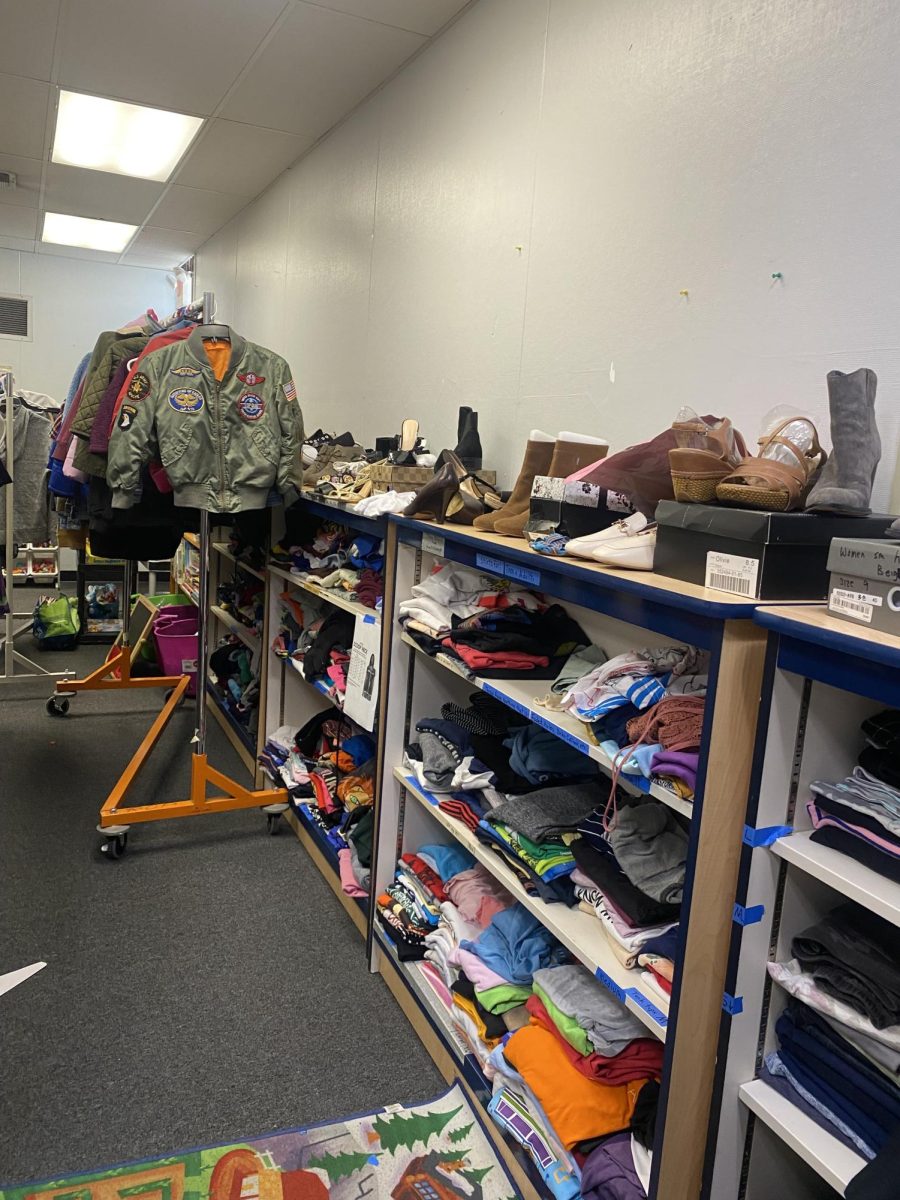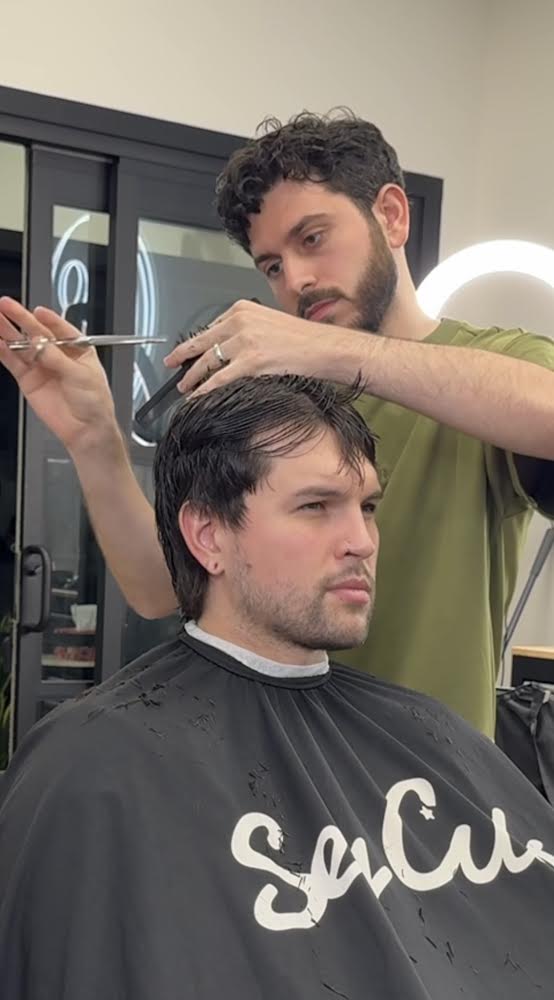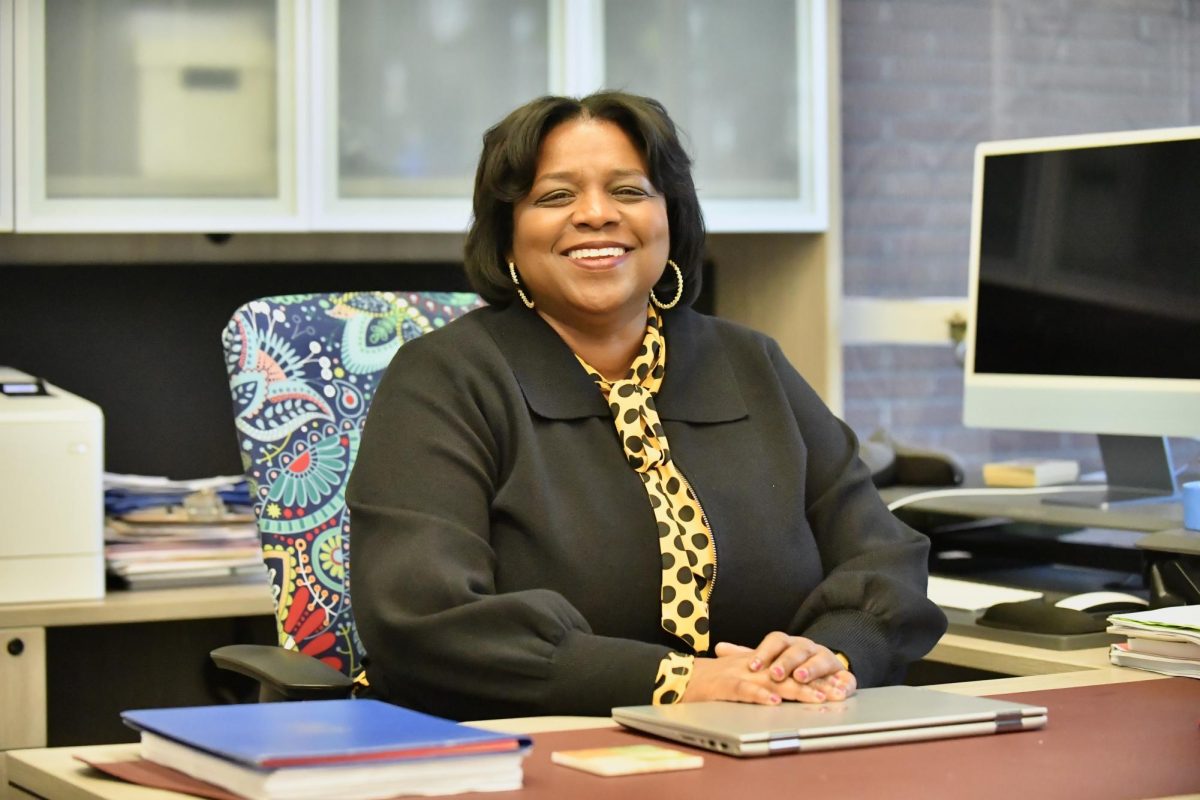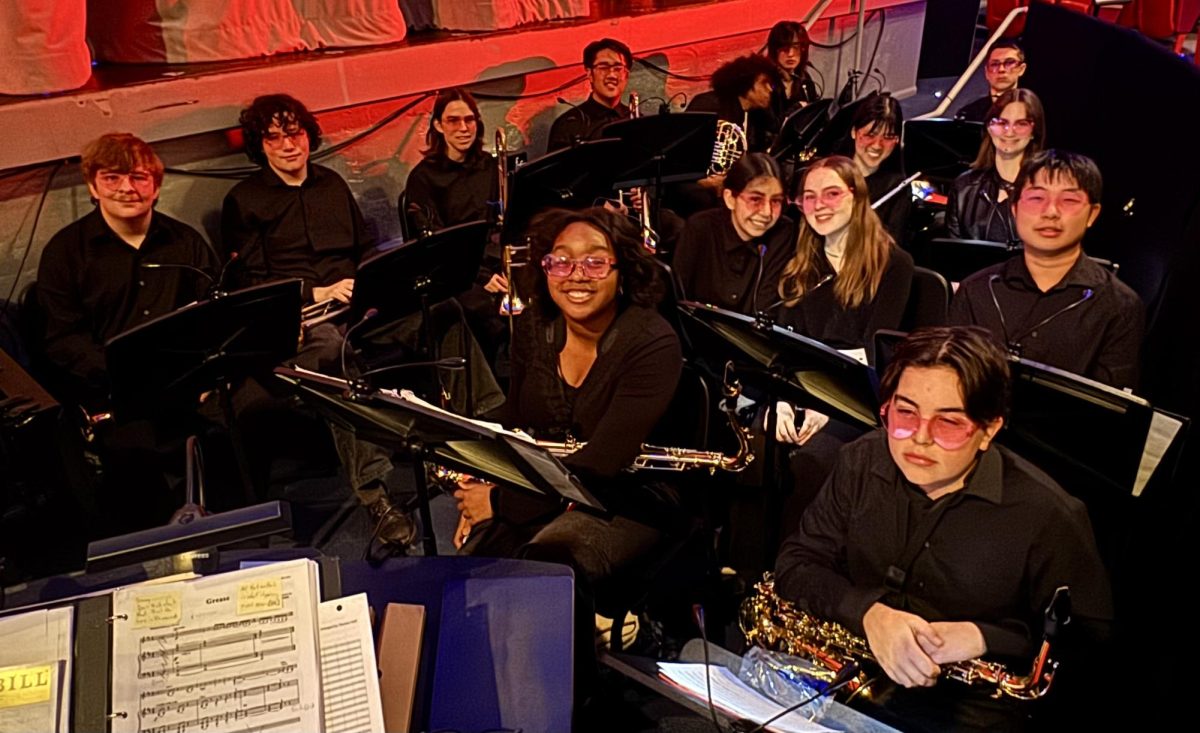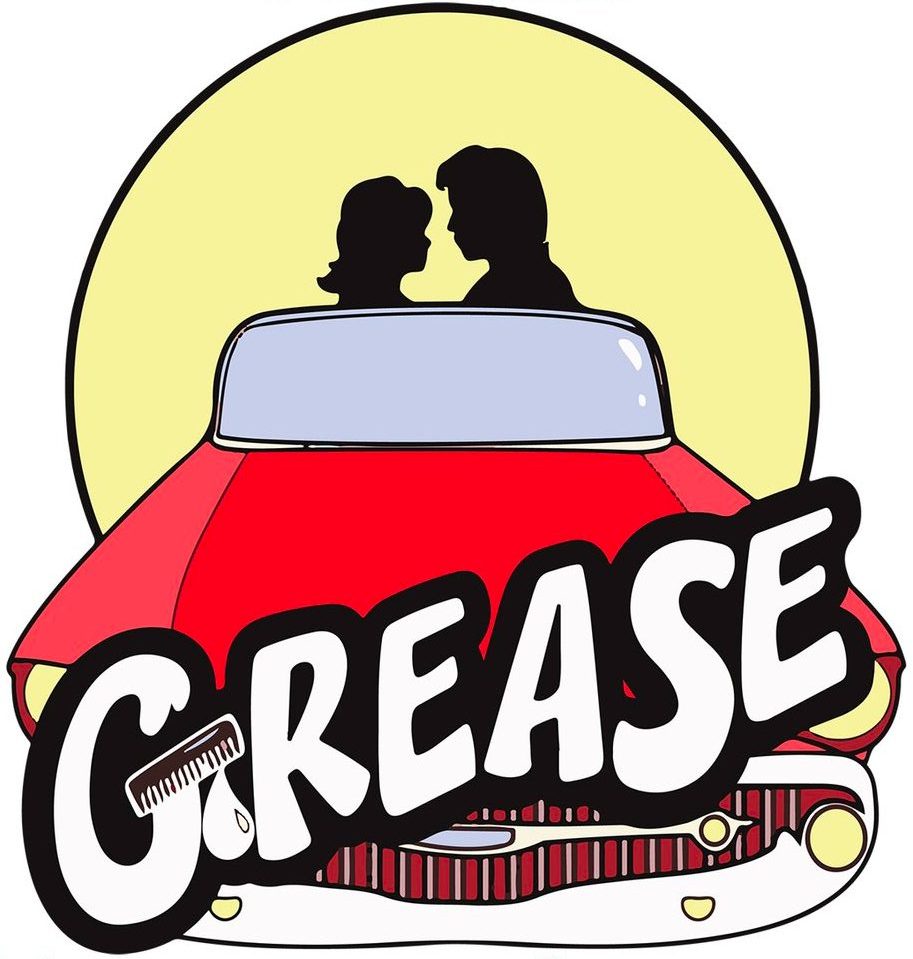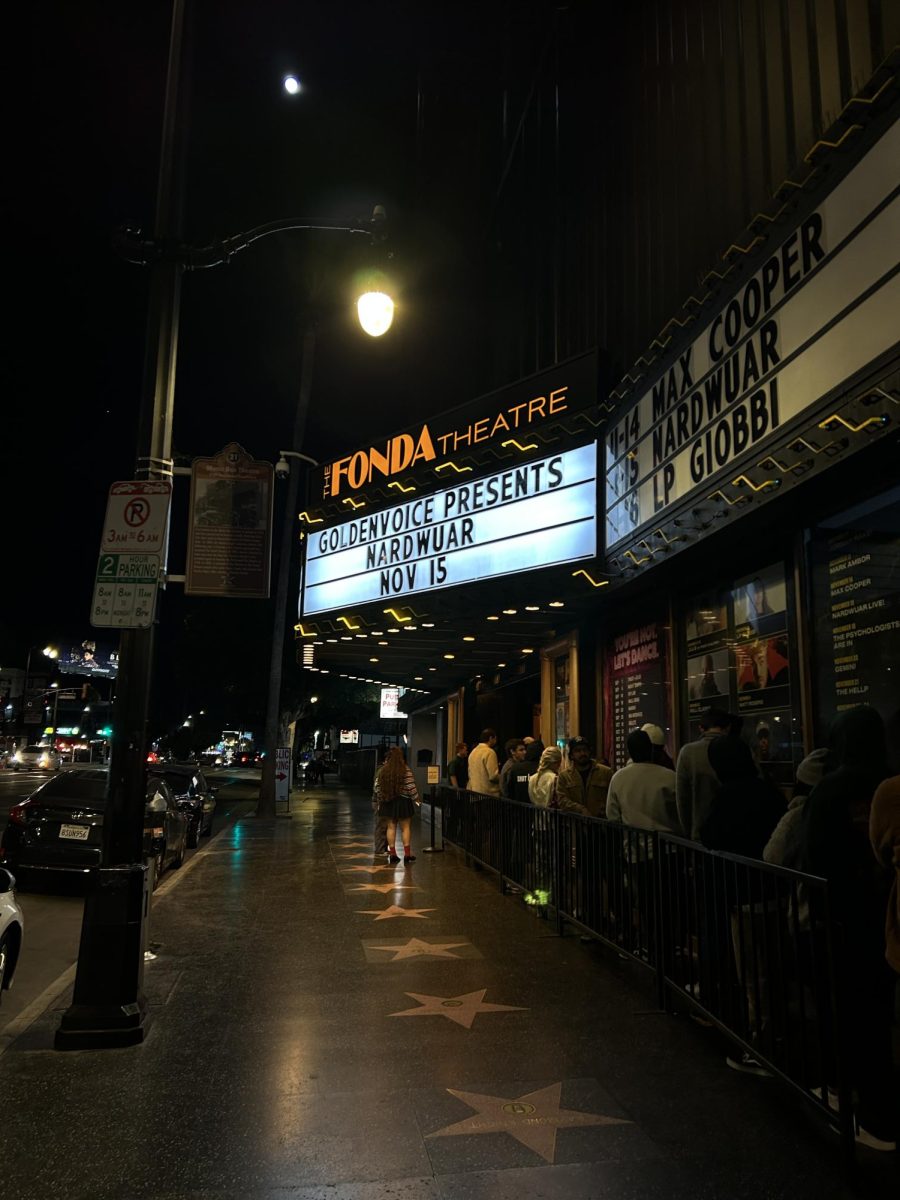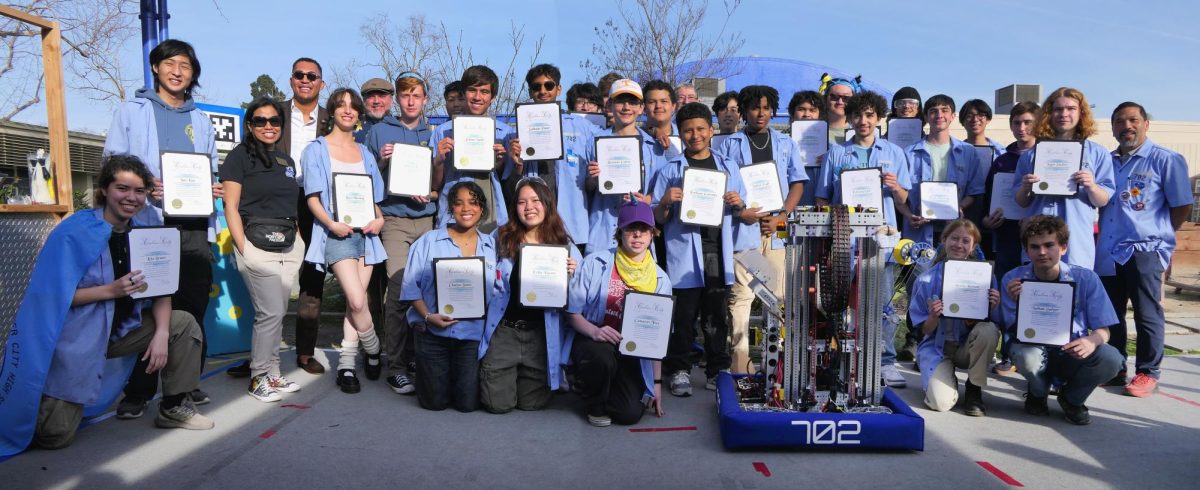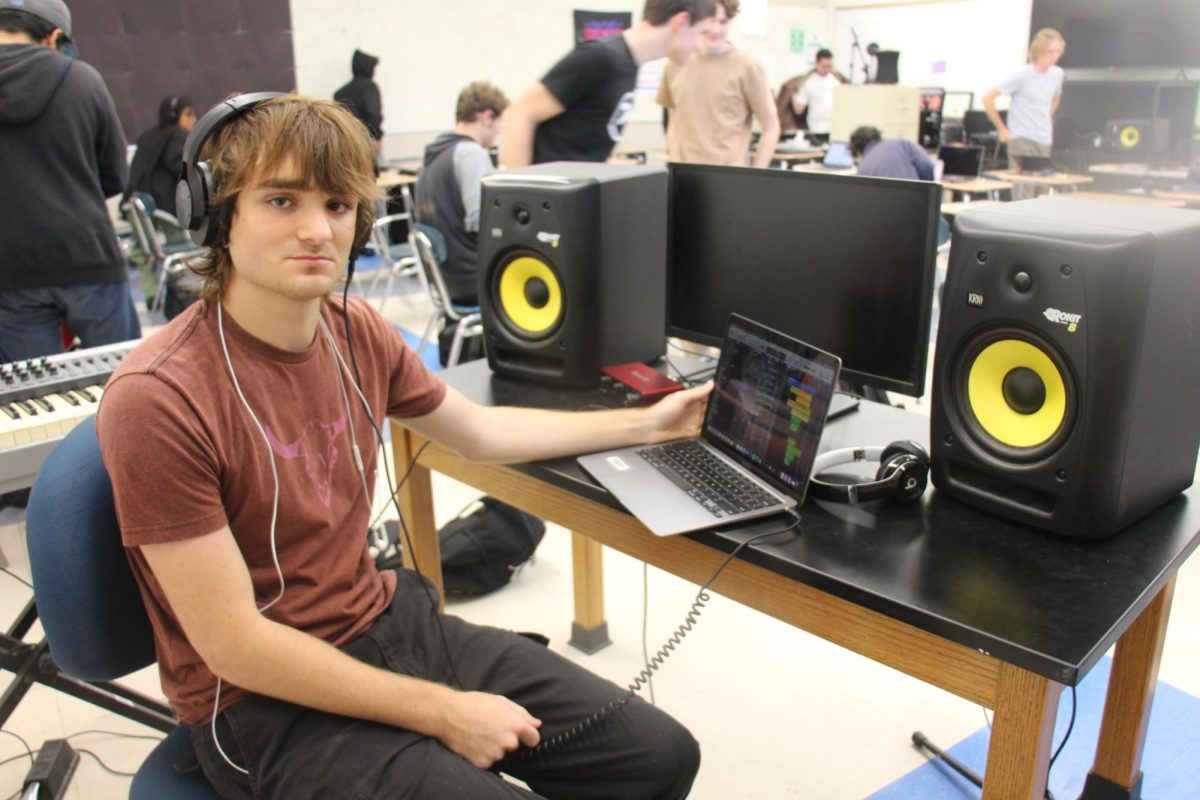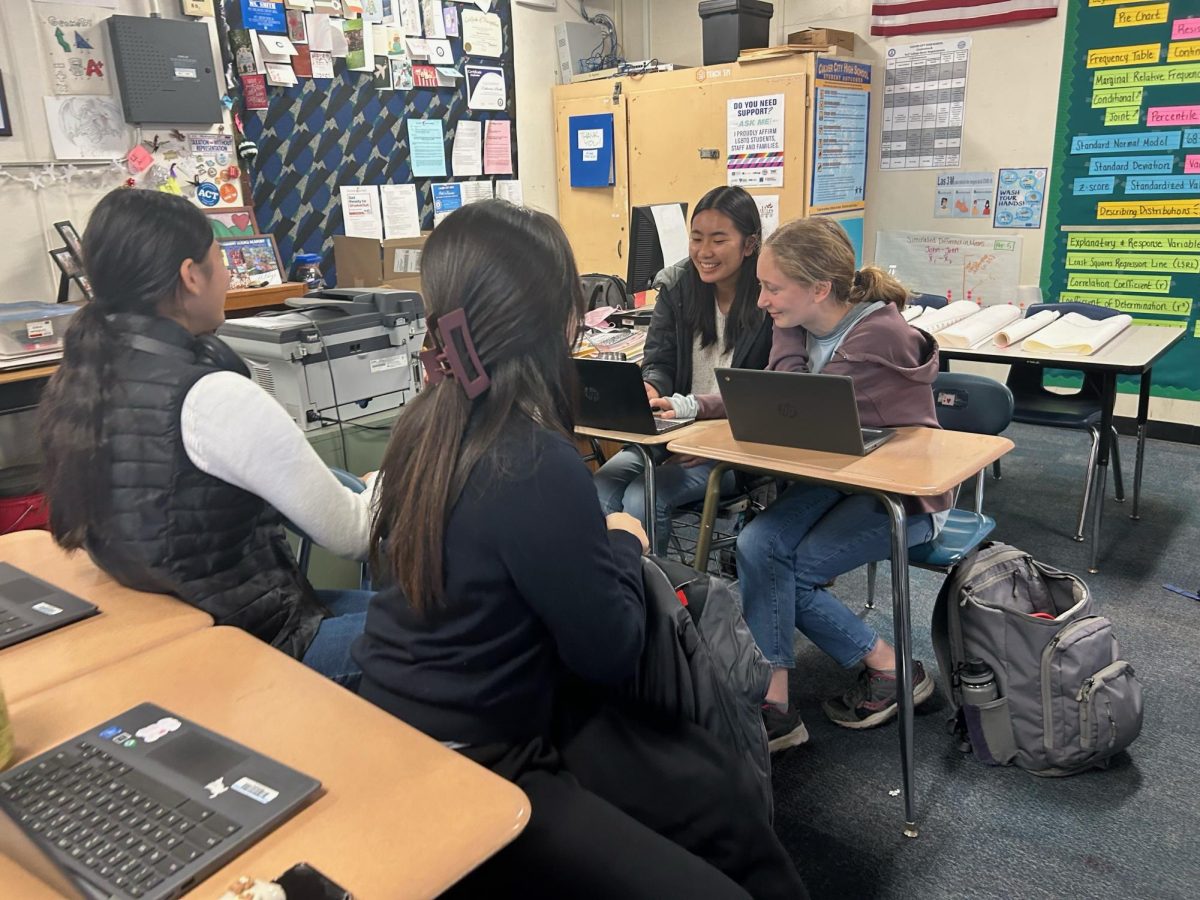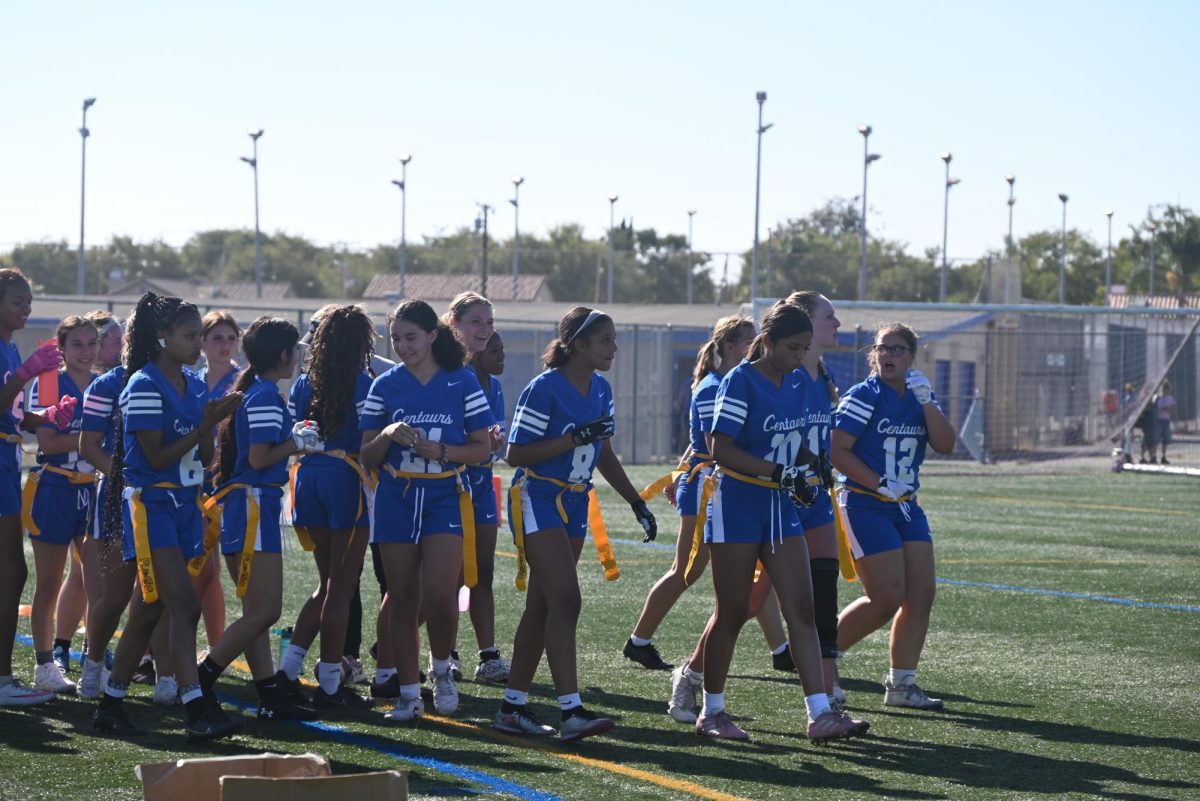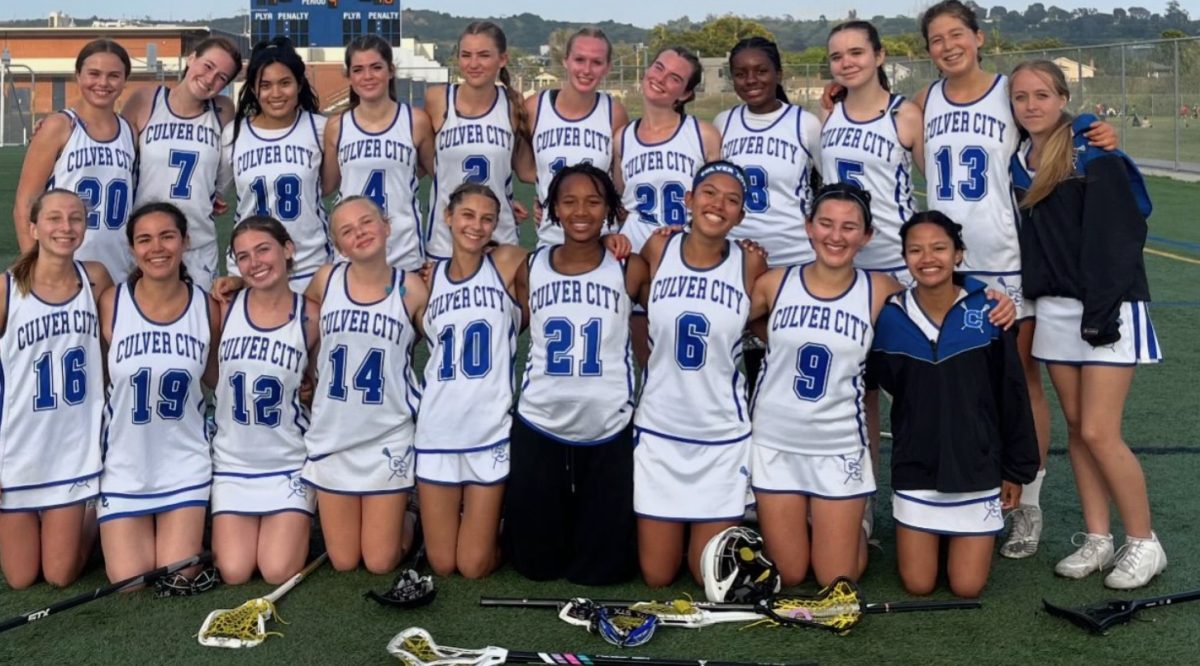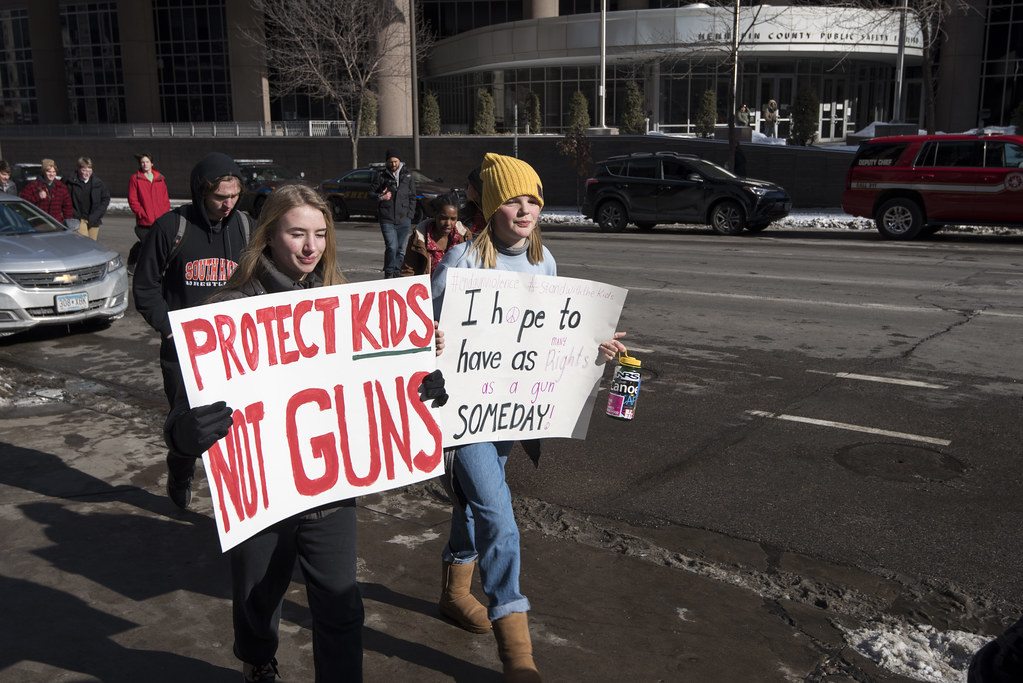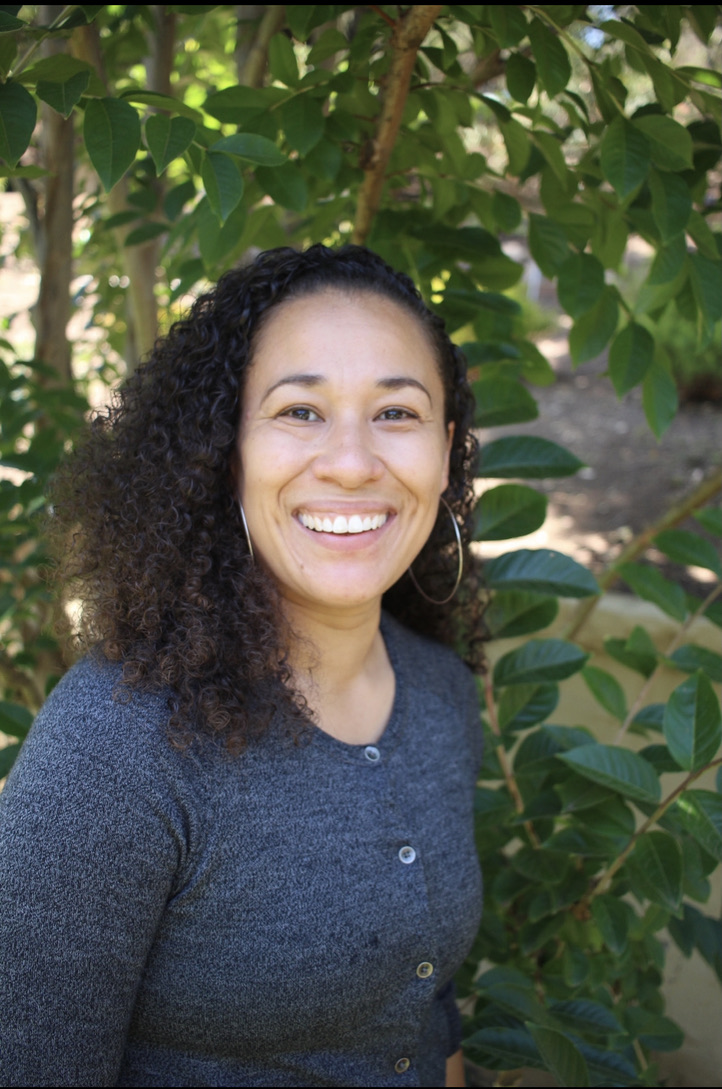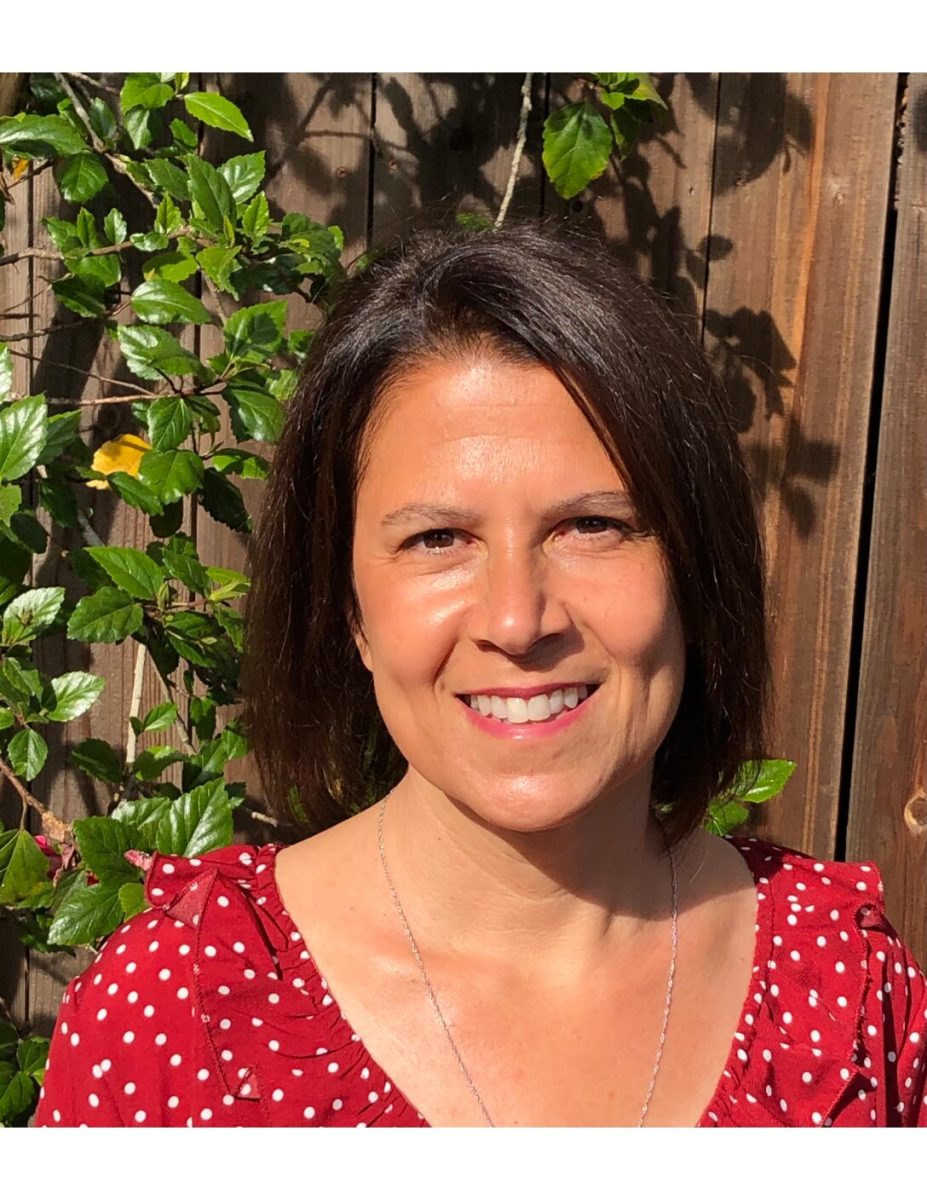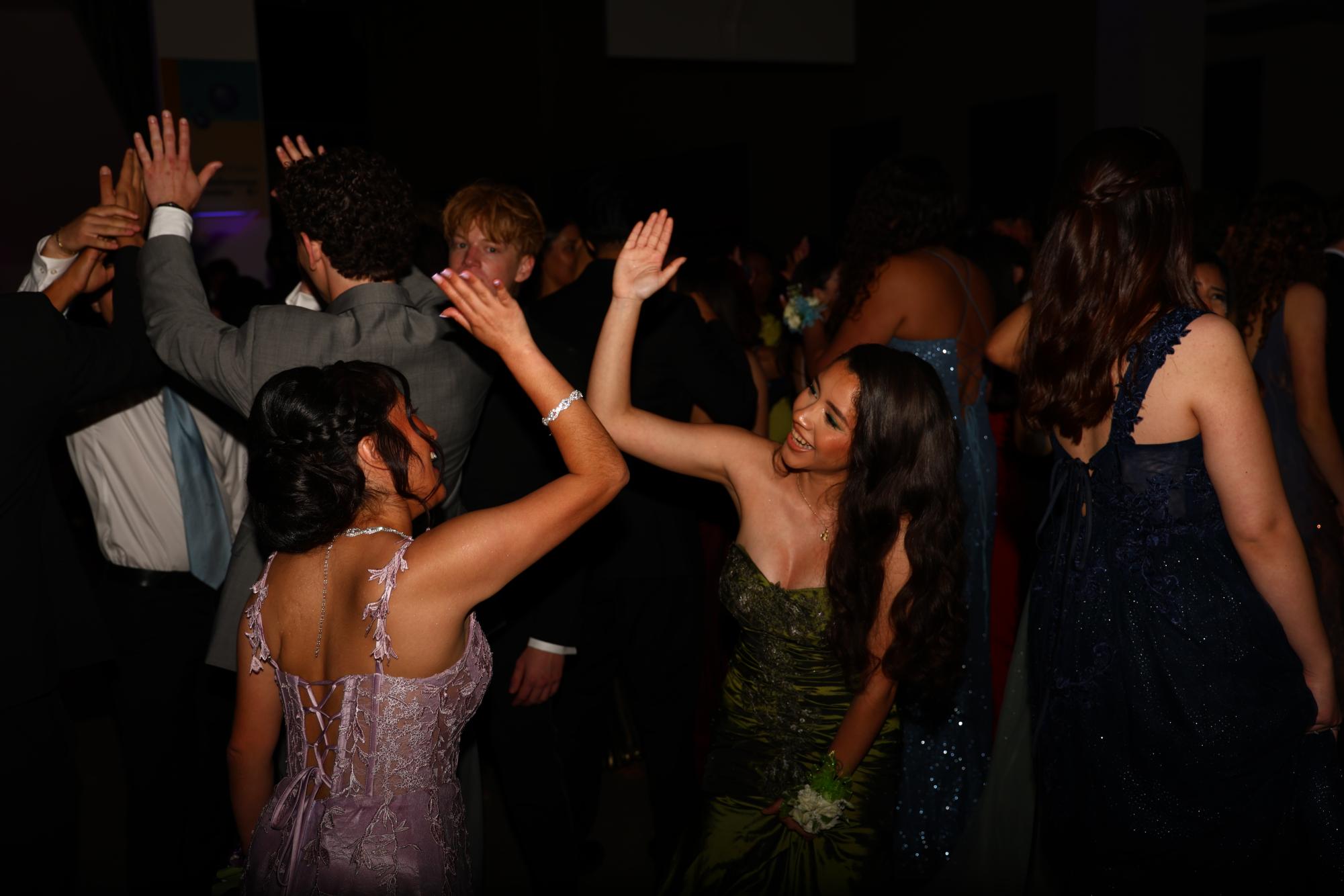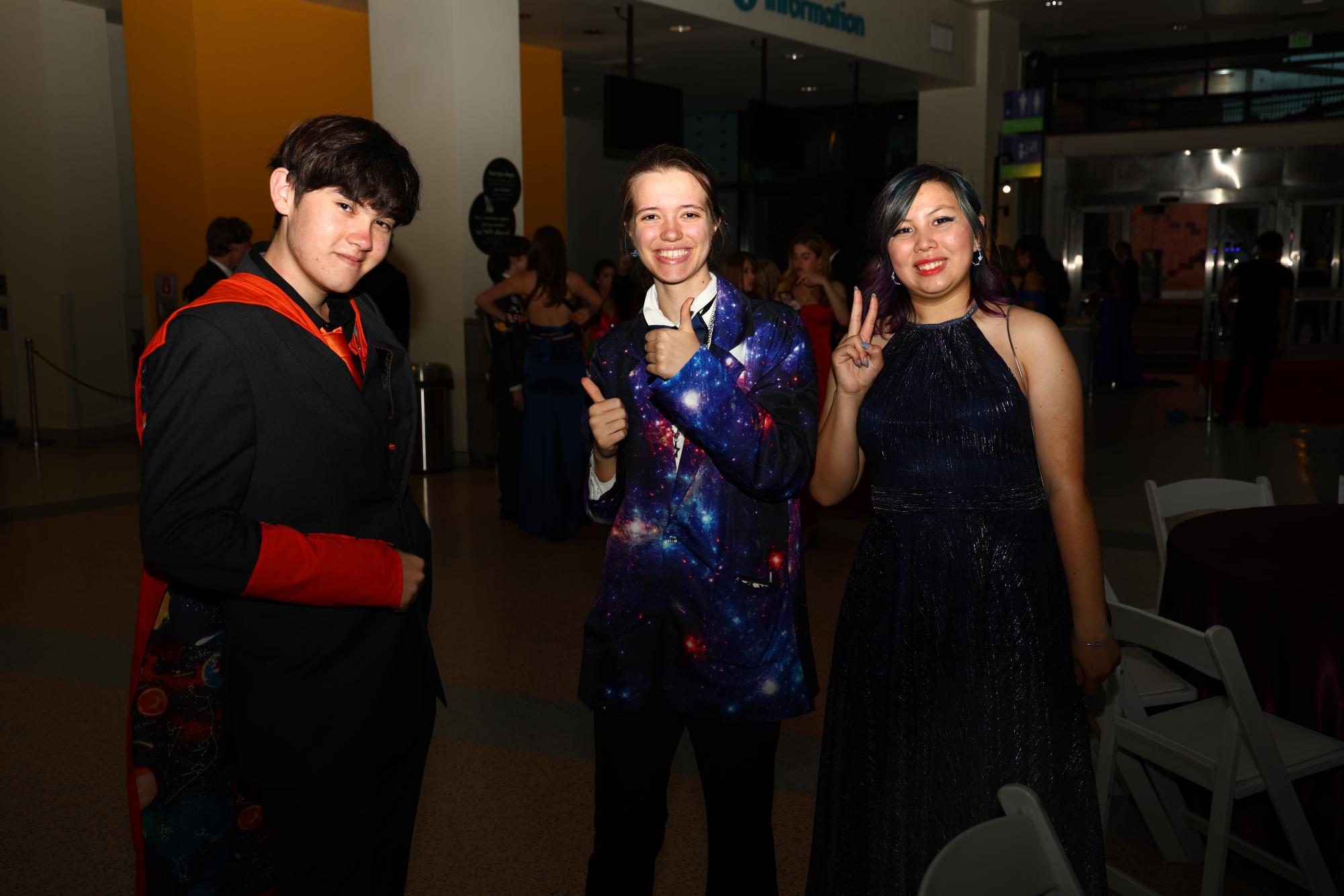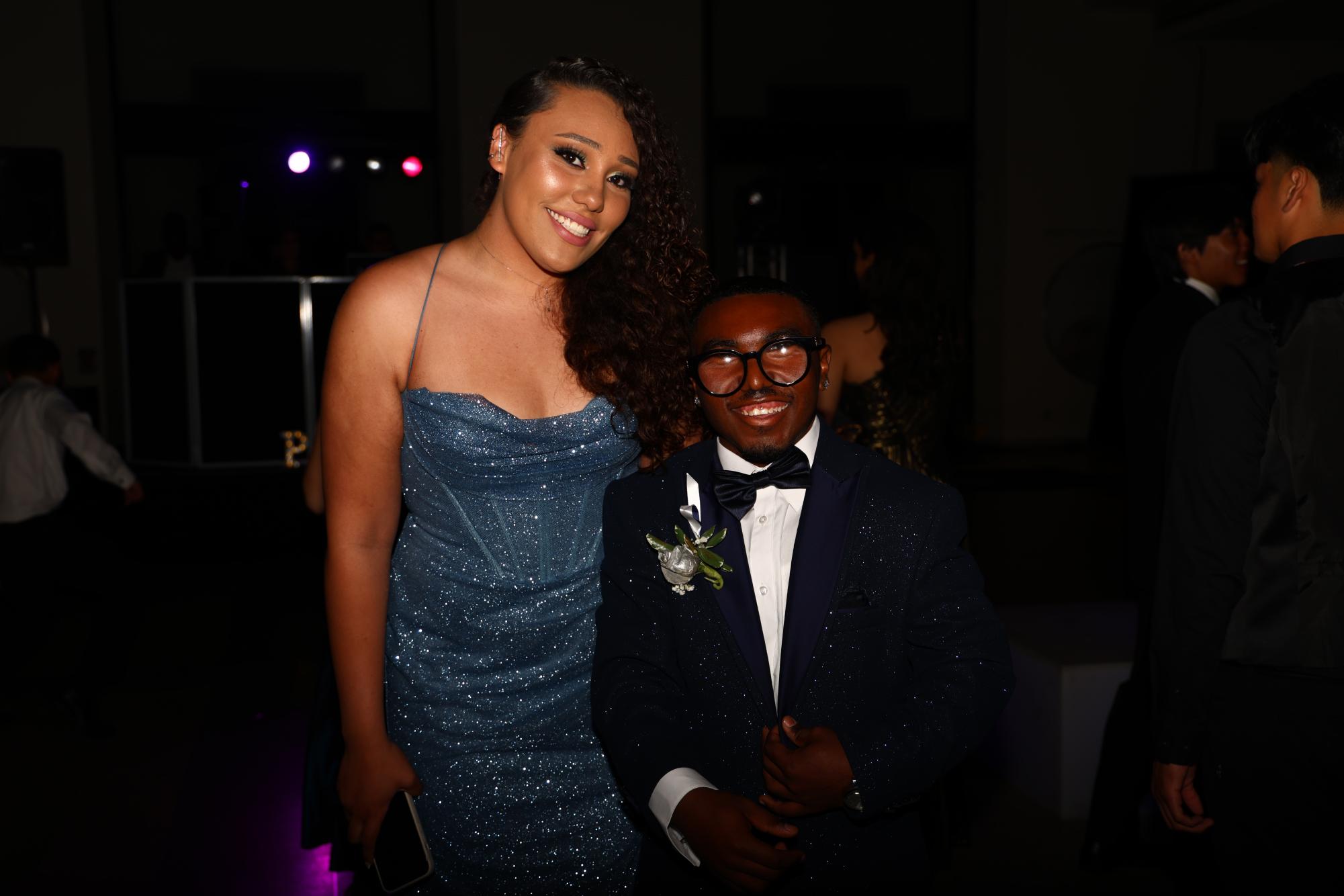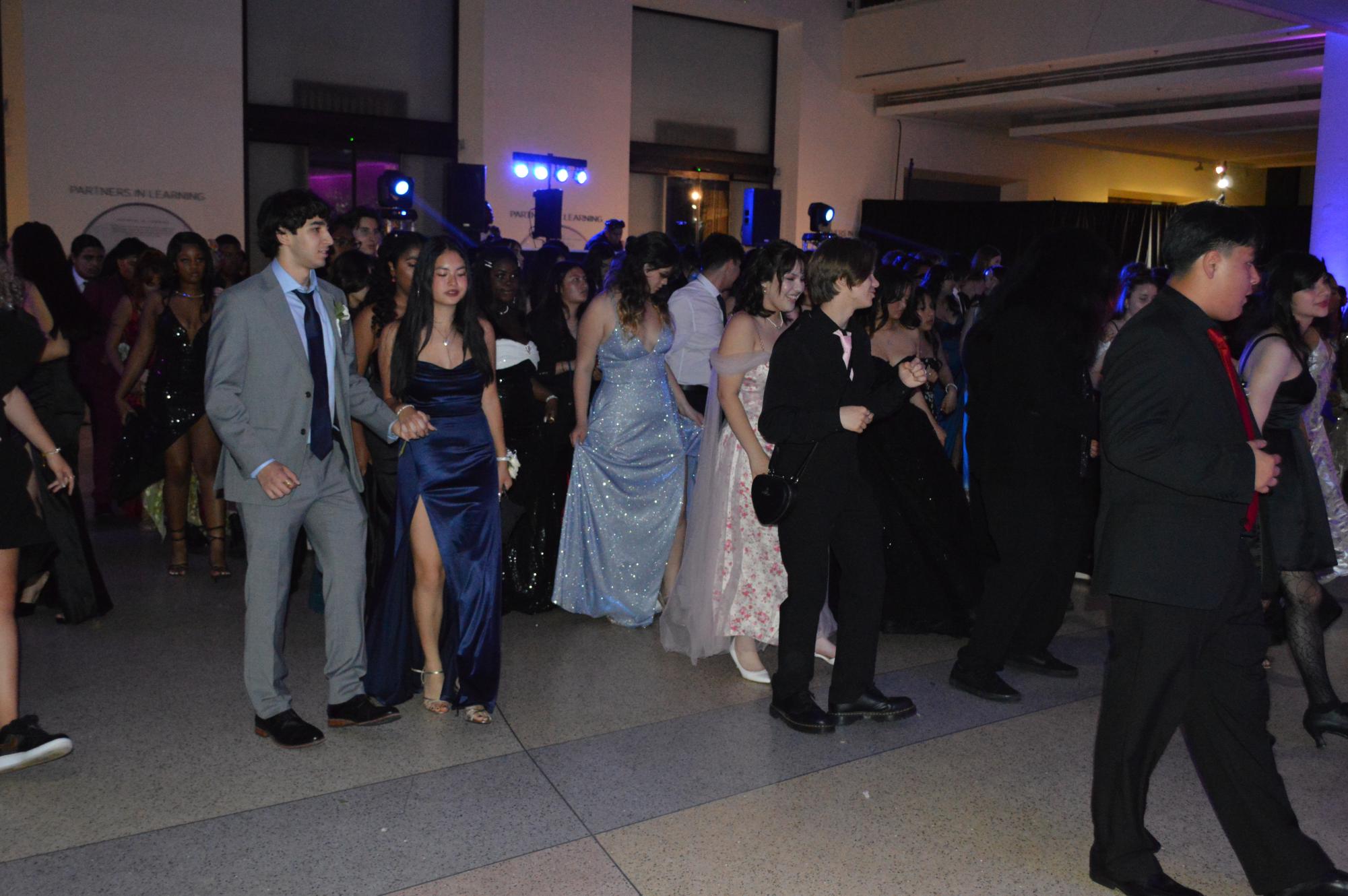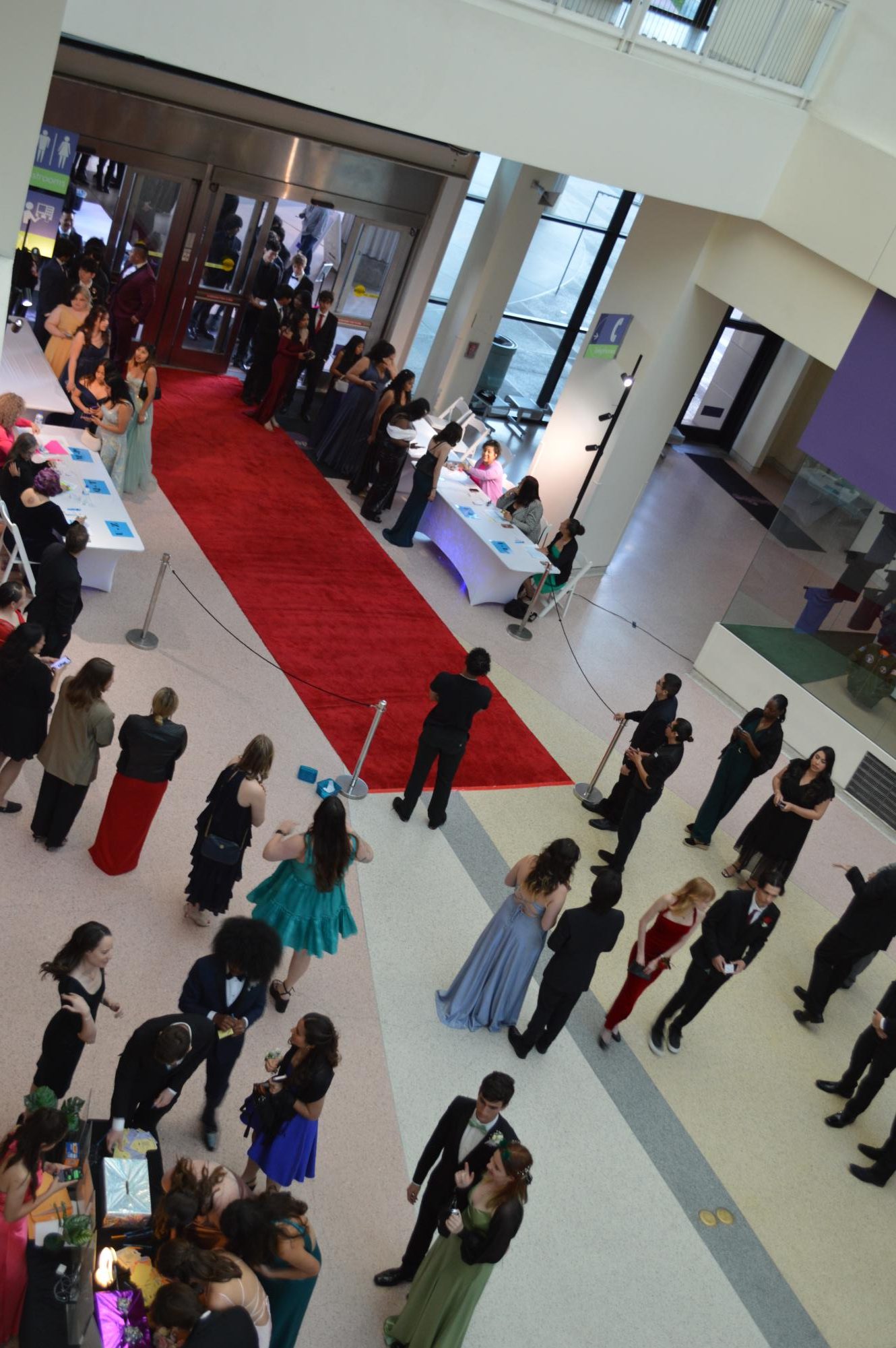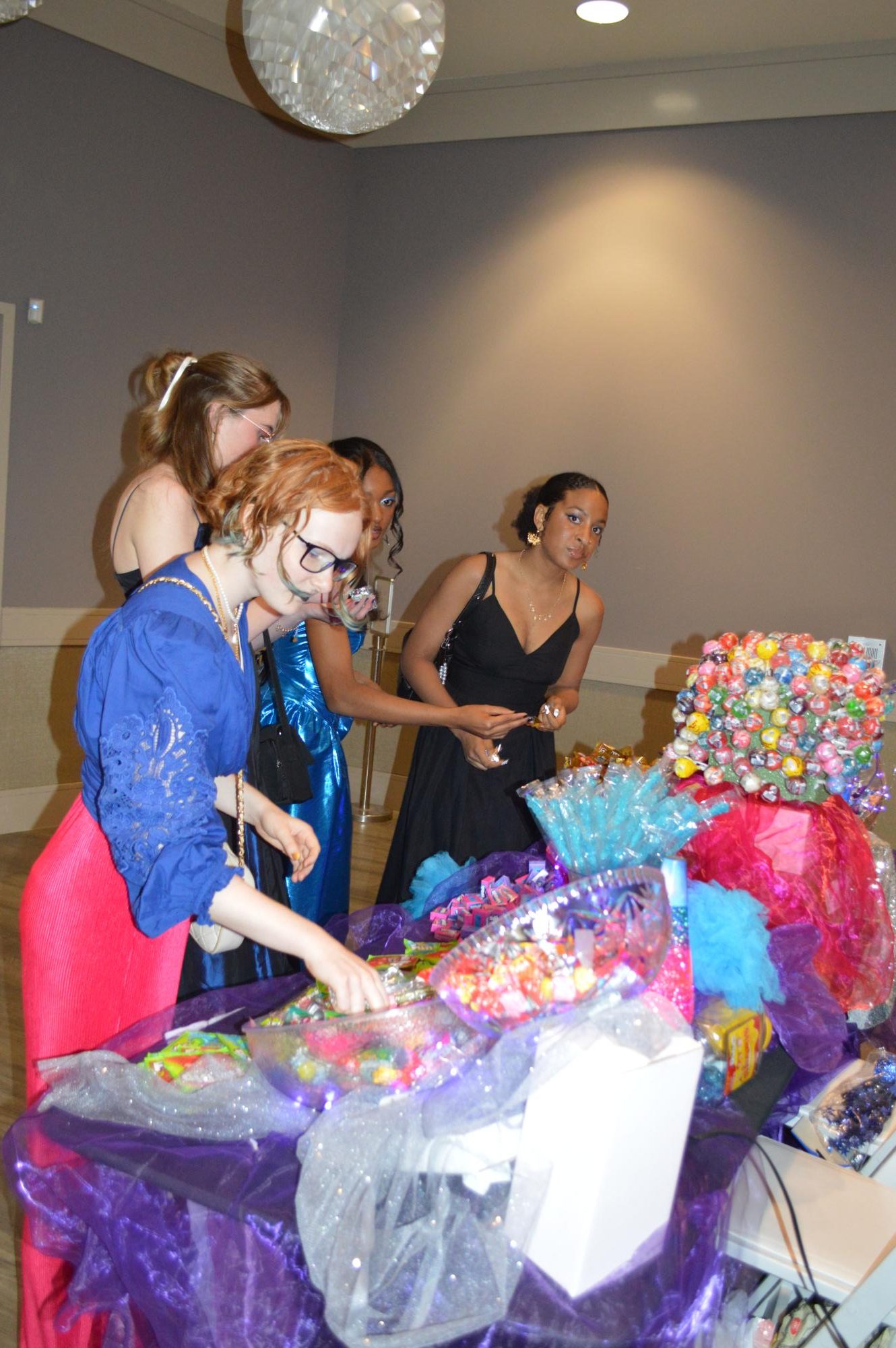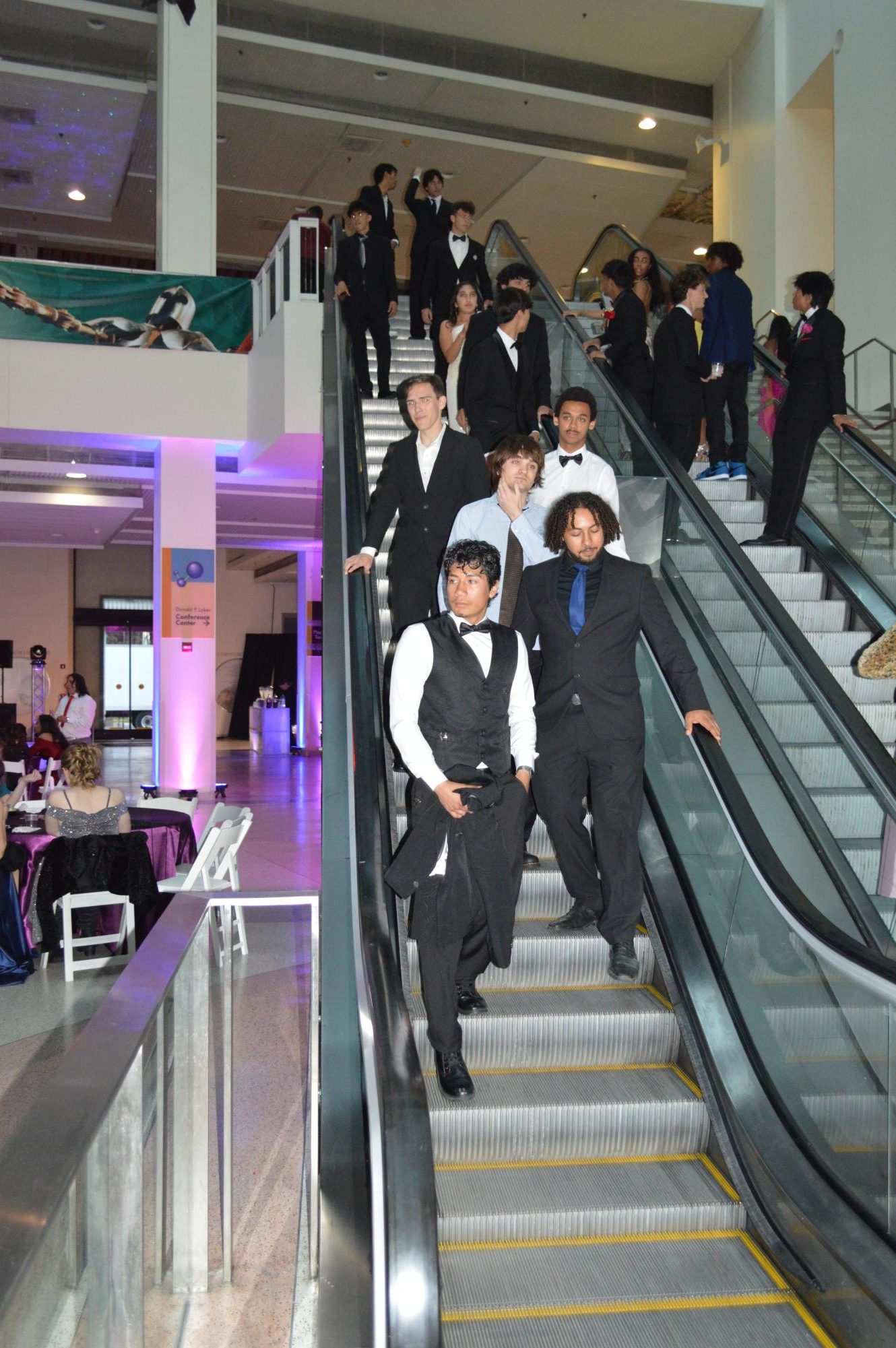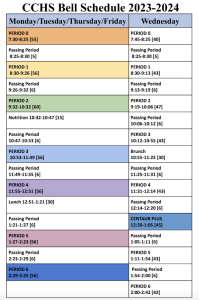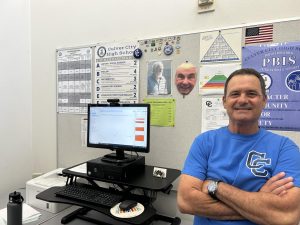Seniors Can Graduate With Fewer Credits Due to COVID-19

February 6, 2021
The Culver City school board recently voted to lower the required number of credits needed for seniors to graduate this year from 220 to 200, due to the effects of COVID-19 on students’ ability to earn credits.
The usual CCHS graduation rate is around 96%, but due to the unique circumstances of Covid 19, only 85-90% of current high school seniors would graduate this year.
Students at CCHS currently go above and beyond academically. The state minimum requirement for graduation is currently 130 currents, but CCHS adheres to the A to G requirements necessary to get into a four year public college, which are far more stringent. CCHS’s revised requirements are for a minimum of 200 credits, which include state mandated courses, one semester of health and an additional 65 credits. However, only three years of English is required for graduation this year.
The fact that only three years of English is required is important because while looking at the data it was found that 45 out of the 576 total senior students will not graduate due to not passing Senior English. By removing this requirement they are making it possible for many more of our senior students to graduate by getting a “No Mark” (NM) grade in the class, which removes the class from their transcript.
Dr. Lisa Michel, the Director of Secondary Education explained that “[we do still] require a minimum amount of the structural minutes that 4th-12th graders must be in and that’s equivalent to four courses that students would need to stay in with,” despite the lowered credits needed for graduation. This means that students can not drop all their classes just because they already have the required amount of credits.
This would greatly impact seniors taking credit recovery courses however, like Global Issues, a 9th grade class. If this class is no longer required for graduation, seniors in danger of not graduating could fill that slot with classes they absolutely need to take to graduate. This resolution is only applicable to students graduating in the year 2021, and will not be applicable in coming years. Still with this resolution in place 8% of seniors will still not graduate.
This resolution will also suspend the 60 service learning hours needed to graduate for the class of 2021.
This resolution garnered much debate in the boardroom, barely passing at a 3 to 2 majority. Dr. Kelly Kent and Paula Amezola voted no to this resolution on the grounds that rather than reducing credit requirements, CCHS should pass resolutions that provide immense credit repair.
“This is really hard,” Dr. Kent said. “I’m really uncomfortable about it, that’s my gut right now, but I just need to acknowledge how terribly difficult this is, and I hear that we are trying not to punish students for something that was out of their control and that stripping them of so much and then possibly stripping them of more feels cruel. Are we talking about students that are going to benefit from graduating, but not have access to four-year institutions? Say we had all that we needed to help intensively with credit repair, how many kids would have been A to G eligible?”
Paula Amezola echoed Dr. Kent’s sentiments, expressing a fear that students will quit classes like 12th grade English, if they already have three years of English credit, by taking an NM in their classes, effectively dropping the class from their transcripts.
Board Vice-president Dr. Steve Levin, avid supporter of this bill, responded to those objecting:
“[We’re] talking about how students might not get their A through G’s,” Dr. Levin said. “Back off a little and let somebody graduate with a step below what we’re doing.” He continued, “These people, they’re under enormous pressure, they don’t need more pressure. The students we’re talking about here, we may be literally saving their lives.”
Dr. Levin elaborated on his remarks in a later interview.
“What makes this resolution clear cut, and why I supported it wholeheartedly,” Dr. Levin said, “is that first of all it only affects students who basically have no time left to go off and take all the courses we wanted them to take, because they’re already in their last semester of their senior year and there’s a pandemic going on which makes it really hard for them to do more. And then secondly because there are a bunch of students who presumably would have made the graduation requirements and managed them if there wasn’t a pandemic.”
Dr. Levin also apologized for his passionate outburst during the board meeting.
“I felt bad afterwards at the board meeting,” Dr. Levin said. “I clearly gave the impression, which was sort of what I was feeling at the time, that I was upset with two board members who were voting against this, and I didn’t think they were taking enough care for students. I want to be clear that afterwards, in thinking about it and calming down, I’m quite confident that they were doing what they thought was best. I disagreed with them, but I thought their hearts were in the right place.”
Triston Ezidore, the senior class president, is an avid supporter of the resolution, though he believes that the school could have done more to help students.
“I felt good about the resolution,” Ezidore said. “My passion towards the resolution isn’t that [it is] the end all be all, and I think that’s something that I don’t think anyone in the planning process of this resolution thought – that it would just be this resolution and then it would be done. I think that this resolution was supposed to be adapted as a safety net for students, who without it wouldn’t have graduated.”
Summer school, credit repair and if needed, adult school, will still be offered to seniors who do not meet graduation requirements even with this resolution.
